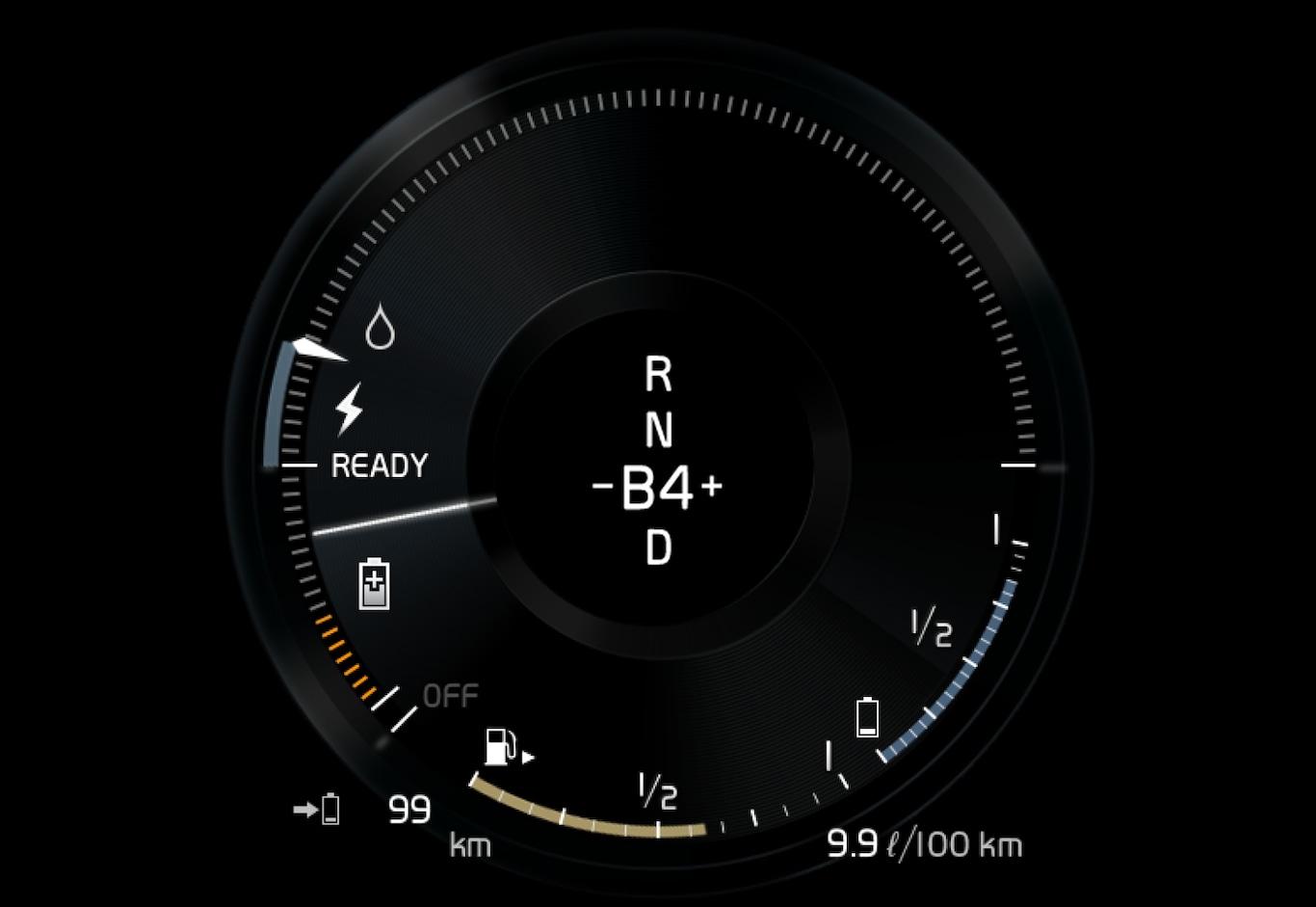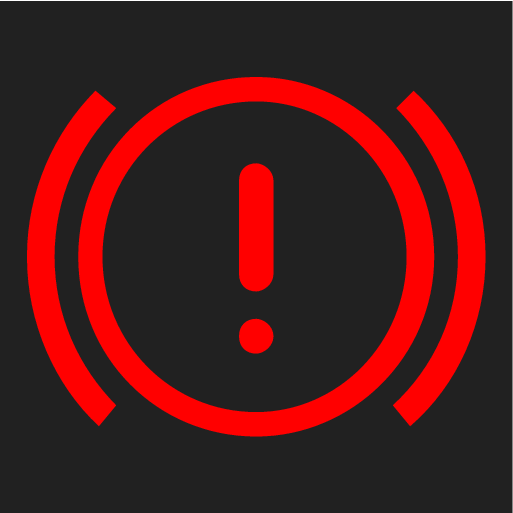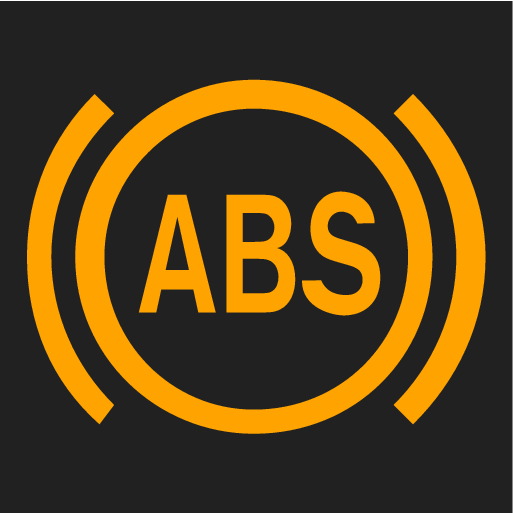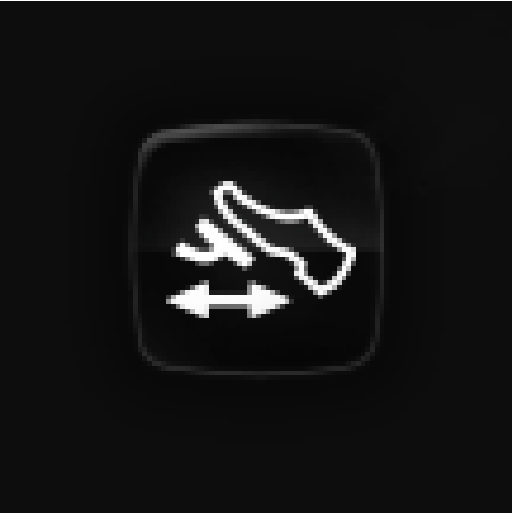The car is equipped with two brake circuits. If a brake circuit is damaged, the brake pedal will engage deeper. Higher pressure on the pedal will therefore be needed to produce the normal braking effect.
Warning
If the foot brake is used when the car is switched off, greater pedal pressure is required to brake the car.
In very hilly terrain or when driving with a heavy load the brakes can be relieved by using engine braking in gearshift mode B.
Anti-lock braking system
The car has anti-lock brakes (ABS1), which prevents the wheels from locking while braking and allows maintained steering control. Vibration may be felt in the brake pedal when this is engaged and this is normal.
A short test of the ABS system is made automatically after the car has been started when the driver releases the brake pedal. A further automatic test of the system may be made at low speed. The test may be felt as pulses in the brake pedal.
Light braking charges the hybrid battery
The electric motor's engine brake is used during light braking. The car's kinetic energy is then converted to electrical energy instead, which is used to charge the hybrid battery. Battery charging with electric motor braking is indicated in the driver display.

This function is active in the speed interval 150-5 km/h (93-3 mph). During heavier braking, as well as outside the speed interval, braking is supplemented by the hydraulic brake system. The driver's display shows this by the indicator being down in the red zone.
Symbols in the driver display
| Symbol | Specification |
|---|---|
 | Check the brake fluid level. If the level is low, fill with brake fluid and check for the cause of the brake fluid loss. |
 | Fault in pedal sensor. |
 | Constant glow for 2 seconds when the engine is started: Automatic function check. Constant glow for more than 2 seconds: Fault in the ABS system. The car's normal brake system is still working, but without the ABS function. |
 | If the message Brake pedal Characteristics changed Service required is shown, the system for "Brake-by-wire" is disengaged. A higher pedal pressure is required to produce braking effect. |
Warning
If both the warning lamps for brake fault and ABS fault illuminate at the same time, a fault has occurred in the brake system.
- If the level in the brake fluid reservoir is normal at this stage, drive carefully to the nearest workshop and have the brake system checked - an authorised Volvo workshop is recommended.
- If the brake fluid is below the MIN level in the brake fluid reservoir, do not drive further before topping up the brake fluid. The reason for the loss of brake fluid must be investigated.